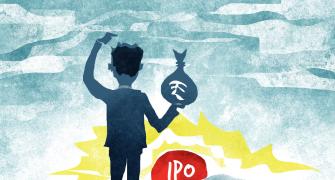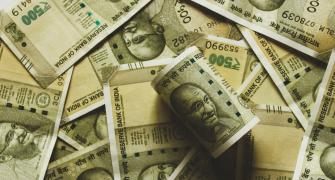The South Asian community, which is yet to recover from the economic tailspin that began after the September 11 attack, is experiencing severe economic difficulties in New York City, a study contends.
The report -- 'Unlocking the Golden Door' -- which was launched by the South Asian Council for Social Services in August 2001 to assess the needs of the community was unveiled on Friday at the Royal Arcadia in Hollis.
According to the report, the South Asians immigrants in New York are experiencing severe economic difficulties, higher rates of unemployment, increased levels of discrimination and harassment and having trouble finding culturally competent services to address their needs.
The report is based on a survey carried out in Queens where majority of the South Asians live.
The 9/11 terrorist attacks started an economic decline for the South Asians who are still trying to recover from the impact, it said adding, about 53 per cent of respondents had a family incomes less than $25,000 while more than 13 per cent of them were unemployed.
After the terror strikes 44 per cent of them experienced verbal harassment and found obtaining, retaining jobs and getting promotion difficult. Around 27 per cent raised concern about their personal safety.
Historically, South Asians and Indo-Caribbeans are settled in Queens because of cheap housing available there which finally led to generation of infrastructure for places of worship, businesses and social networks, the report pointed out.
"Generally the perception about South Asians is that they are a model minority and that the community abounds with doctors, engineers, lawyers, academics, software engineers and other professionals," said Sudha Acharya, executive director of South Asian Council for Social Services.
"But there are thousands of South Asian and Indo-Caribbean who work as taxi drivers, restaurant workers, domestic workers and small vendors to keep New York running. Yet they are almost invisible and along with them the hidden poverty levels in the community are unrecognised, as well," it said.
One out of every five South Asian seniors living alone here face a language barrier which restricts their participation in senior programmes. About 24 per cent of them said there were no senior citizen programmes available to them.






